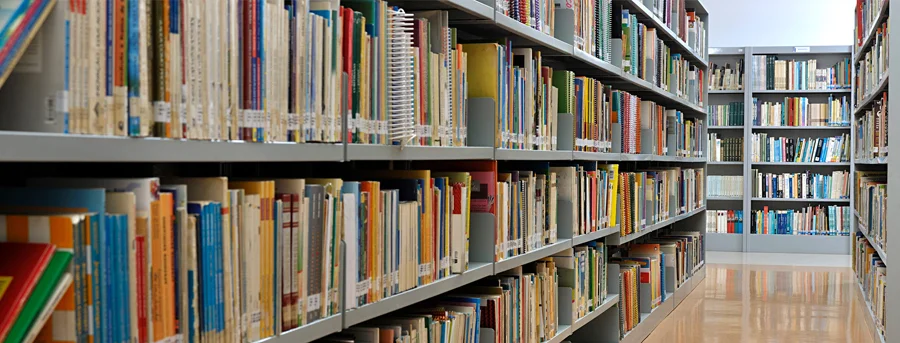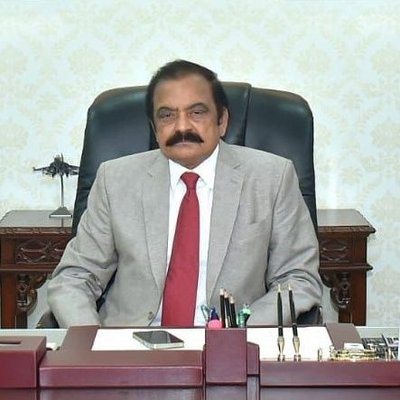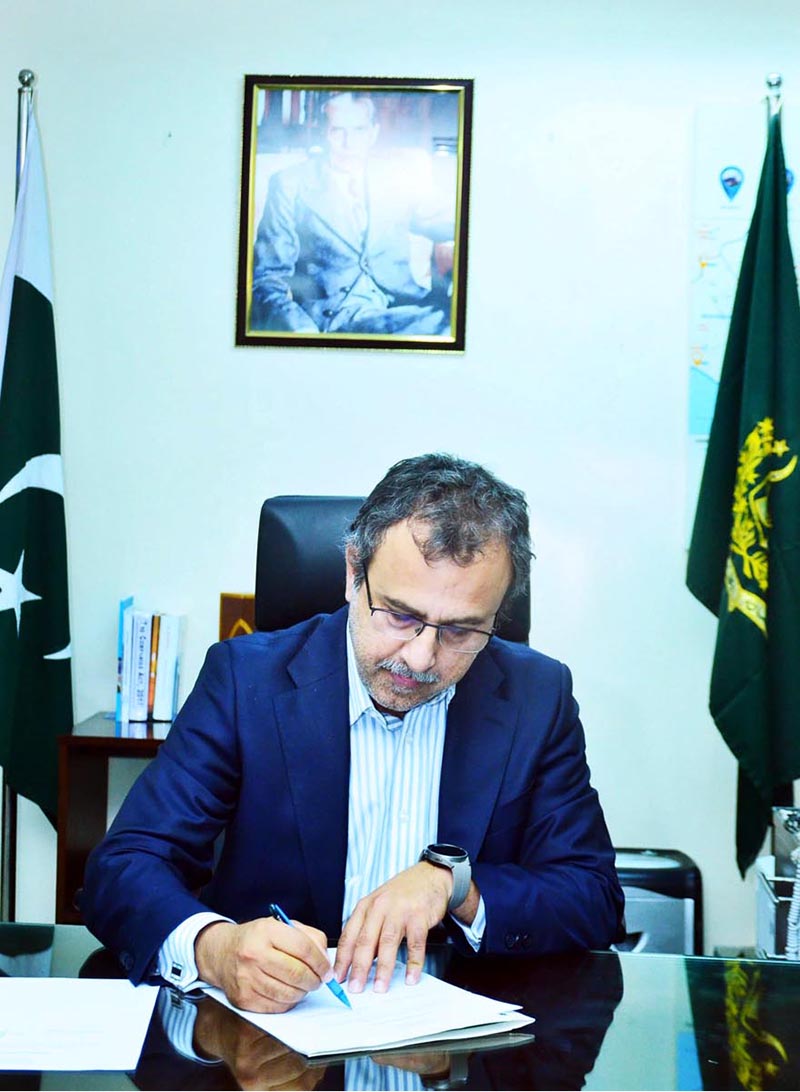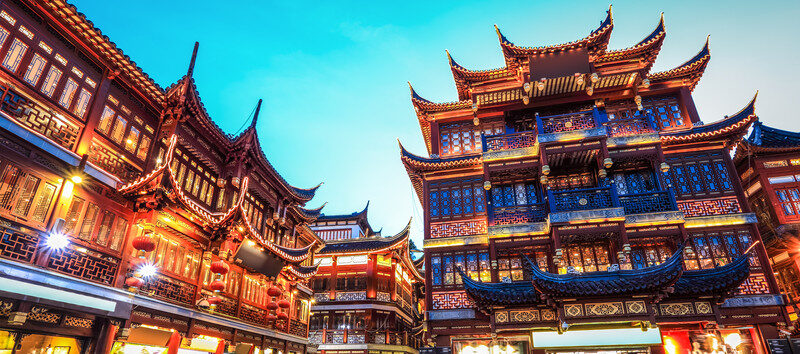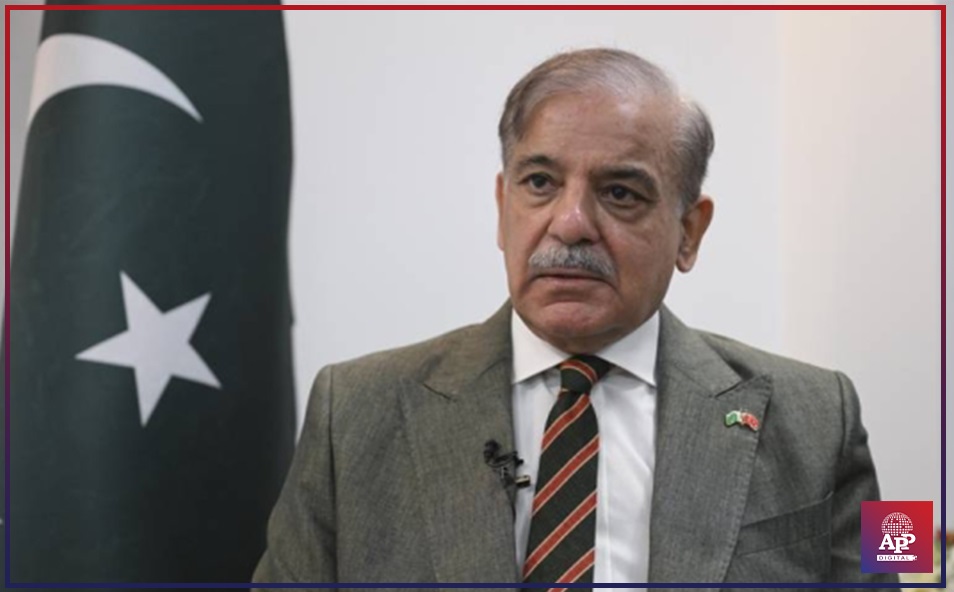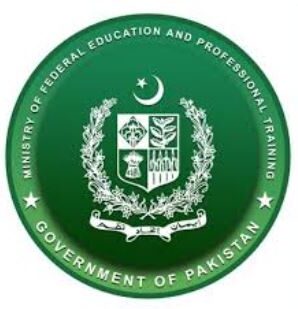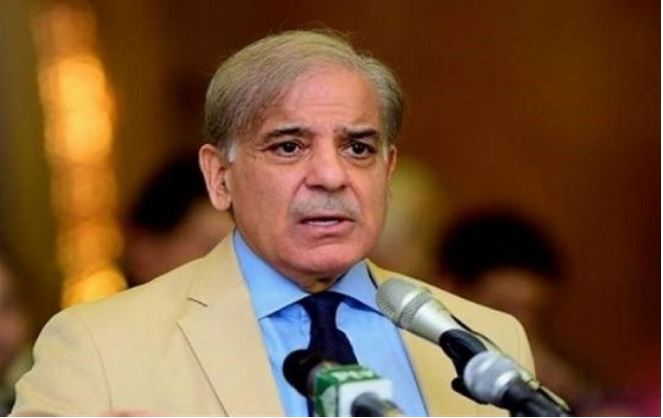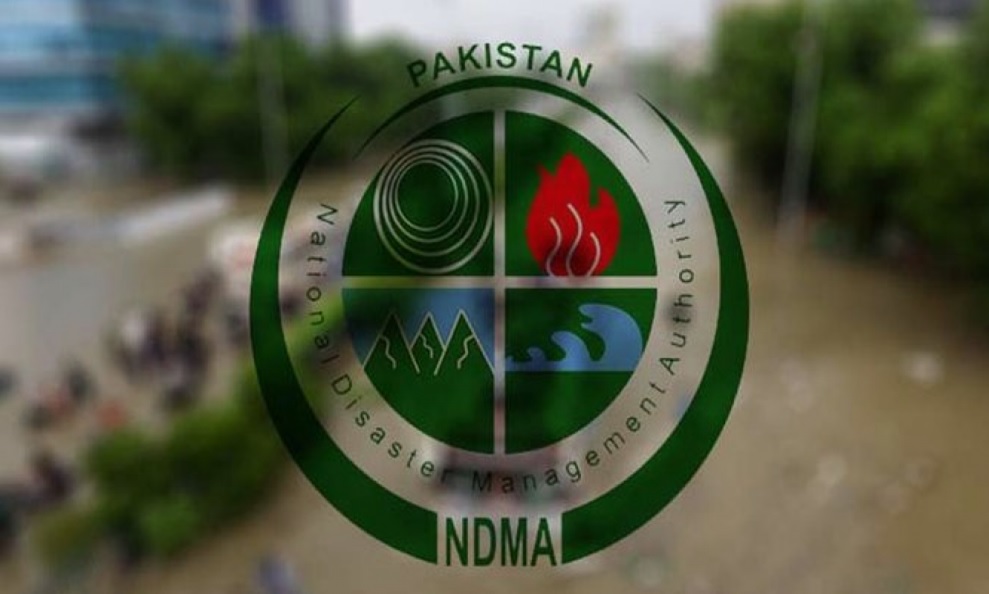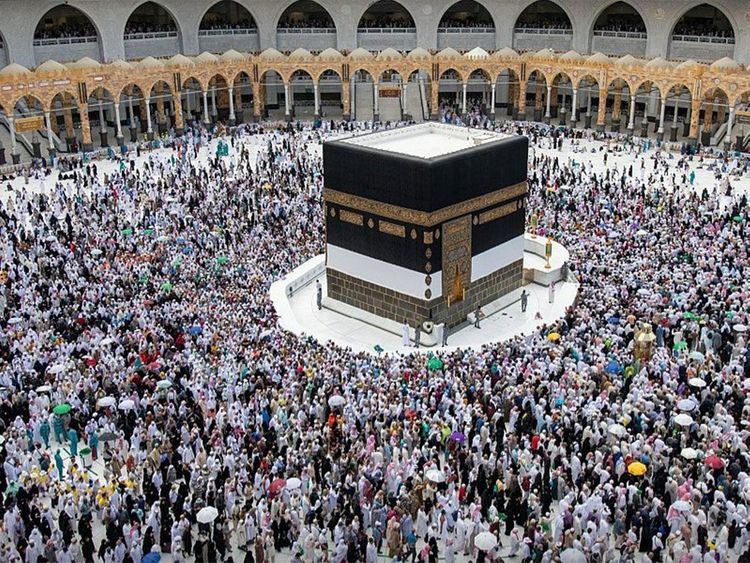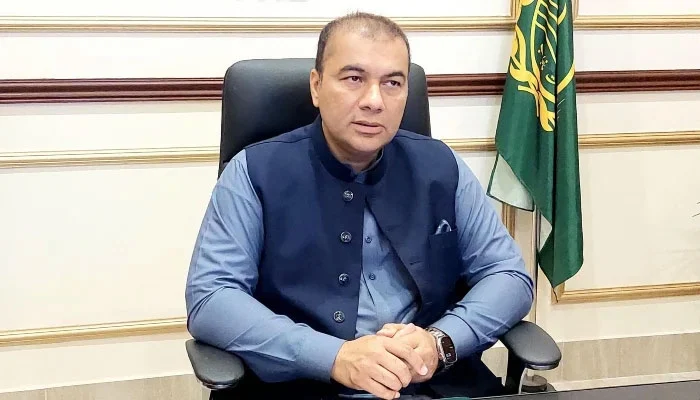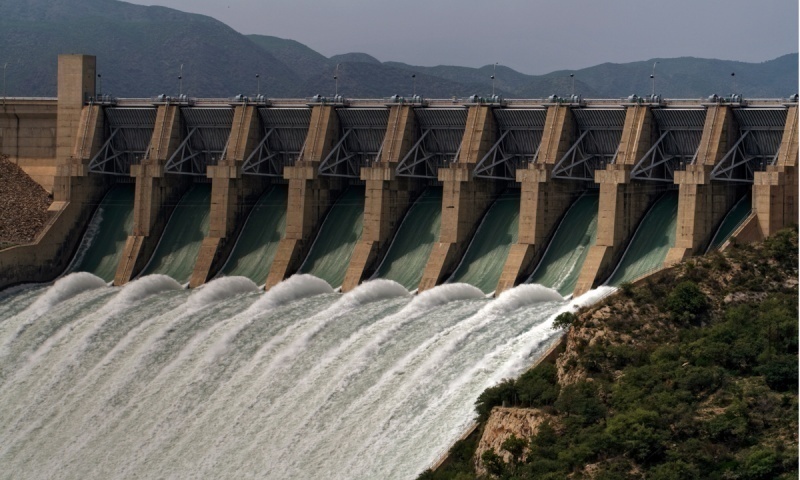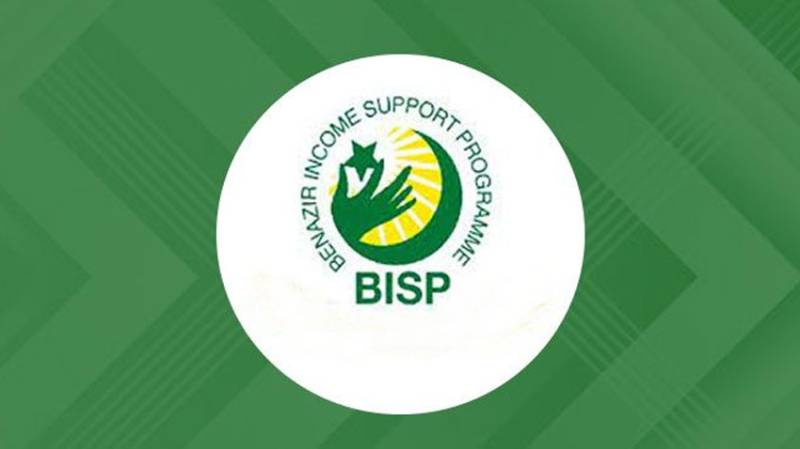SHENZHEN, Jun 5 (APP): Prime Minister Shehbaz Sharif on Wednesday assuring all-out facilitation to Chinese investors, and security of Chinese individuals, projects and investments in Pakistan, emphasised that mutually rewarding business-to-business cooperation was key to a bright future for the two people.
The prime minister, addressing the Pakistan-China Business Forum here during his five-day China visit, highlighted bilateral trade and investment potential, especially in key sectors including transfer of Chinese technology, industry and partnership in IT, agriculture, mining, steel, textiles and renewable energy.
The prime minister repeatedly lauded the Chinese model of development and economic transformation and vowed to replicate the same in Pakistan.
“I will go back to Pakistan with this resolve, come what may, we will follow this model of great economic transformation in Pakistan. This model is enough to copy and simulate if we are sincere to our purpose and people. By God, I can tell you this is difficult but not impossible,” he told the gathering of hundreds of business leaders from Pakistan and China.
As the Business Forum also marked the B2b matchmaking, he urged the Pakistani businessmen to sit with their Chinese counterparts and find out ways to move Chinese textile industries to Pakistan and make joint collaborations in steel and other industries.
“Today is the opportunity, time and moment to capture. Sit down with Chinese friends to have serious discussions. I want to ensure you not as prime minister but as Chief Executive of Pakistan that I will give you the fullest support so that businessmen of Pakistan and China get benefits jointly,” he remarked.
He told the Forum that Pakistan had mineral deposits of around $10 trillion while the country’s exports stood at $30 billion. The minerals deposits offer huge potential to dig out and convert them into finished and semi-finished goods for exports.
He assured the Chinese side that his government had already started structural changes in Pakistan to control corruption.
Prime Minister Shehbaz drew a comparison between the $500 billion GDP of the 13-million city of Shenzhen and the $380 billion GDP of Pakistan with 250 million population and called it the Chinese city’s swift transformation a “miracle of this century” and the “eighth wonder of the world” necessitating for others to learn the lesson from.
He appreciated Chinese President Xi Jinping’s dynamic and visionary leadership which elevated his country to become the second-largest economy and military power within a short span of time and steered 700 million people out of poverty, despite pressures and challenges.
He also recalled that during the decades of 50s or 60s, Pakistan’s economic indicators were better than those of China and called for a collective resolve to regain its stature.
The prime minister also lauded President Xi’s vision of peace and development including the Belt and Road Initiative under China-Pakistan Economic Corridor (CPEC) had benefited Pakistan immensely through huge investment.
Referring to a terror attack on Chinese workers in Besham in the recent past, the prime minister conveyed his condolence for the “dastardly and heart-wrenching” incident and called it “one of the saddest” days of his life when the whole nation felt saddened.
He said the government had taken various measures to ensure foolproof security to protect the lives of Chinese workers in Pakistan.
“I will spare no effort to protect the lives of Chinese workers and assure and guarantee that we will provide them security more than our children. This will never happen again,” he assured.
In his remarks, Deputy Prime Minister and Foreign Minister Ishaq Dar sharing a past account of Pakistan’s good track record of economic performance being 24th largest economy, said the frequent change of governments and political uncertainty led to serious setbacks in the program.
However, he said Prime Minister Shehbaz Sharif had a very clear roadmap featuring an export-led growth coupled with industrialization and import-substitution driven industry with a core idea to reduce the fiscal deficit.
The deputy prime minister highlighted the country’s potential in IT, agriculture, mining and minerals and said that the Business Forum was different from the previous typical events as it featured matchmaking of business entities from Pakistan and China.
He urged the Chinese businessmen to look into Pakistan’s potential and told them that the labor costs in Pakistan were very competitive. Besides, for facilitation and smooth processing of investment, the Special Investment Facilitation Council has been formed under the prime minister with all relevant ministries and provincial chief ministers working under one umbrella for the purpose.
“This is the high time you considered B2B joint ventures. The outline is clear. We are going for a deep structural economic transformation. We are working on a fast track to reach the target of joining G20. You will see, the government will be exiting from business,” he remarked.
He urged the Chinese firms to participate in the privatization process of around 84 state-owned enterprises under consideration.
Finance Minister Muhammad Aurangzeb highlighting the country’s overall economic outlook told the gathering that all economic indicators were in the right direction and with a positive trajectory.
“The agriculture GDP growth during this fiscal year of 6.25% is a real bright spot,” he said.
He said on the current account side, remittances had held ground and the exports have moved up not only in terms of traditional sectors of textile but also agriculture, on the back of bumper crops, and Information Technology.
The finance minister said that the country’s current account deficit was going to be less than a billion dollars during this fiscal.
He said that Pakistan was in talks with the International Monetary Fund (IMF) for a longer and larger programme, which was crucial to ensure permanence in microeconomic stability and to execute the structural changes.
In his opening remarks, Pakistan’s Ambassador in Beijing Khalil Hashmi said the Forum would pave the new pathway for economic and trade cooperation.
He said the Forum had been organised in the city considering its remarkable growth, innovation culture and and global reputation for Shenzhen Speed.
He said the conference, attended by around 500 business leaders from Pakistan and China, would also provide an opportunity for the businessmen of both sides to network and forge mutually beneficial ventures.


